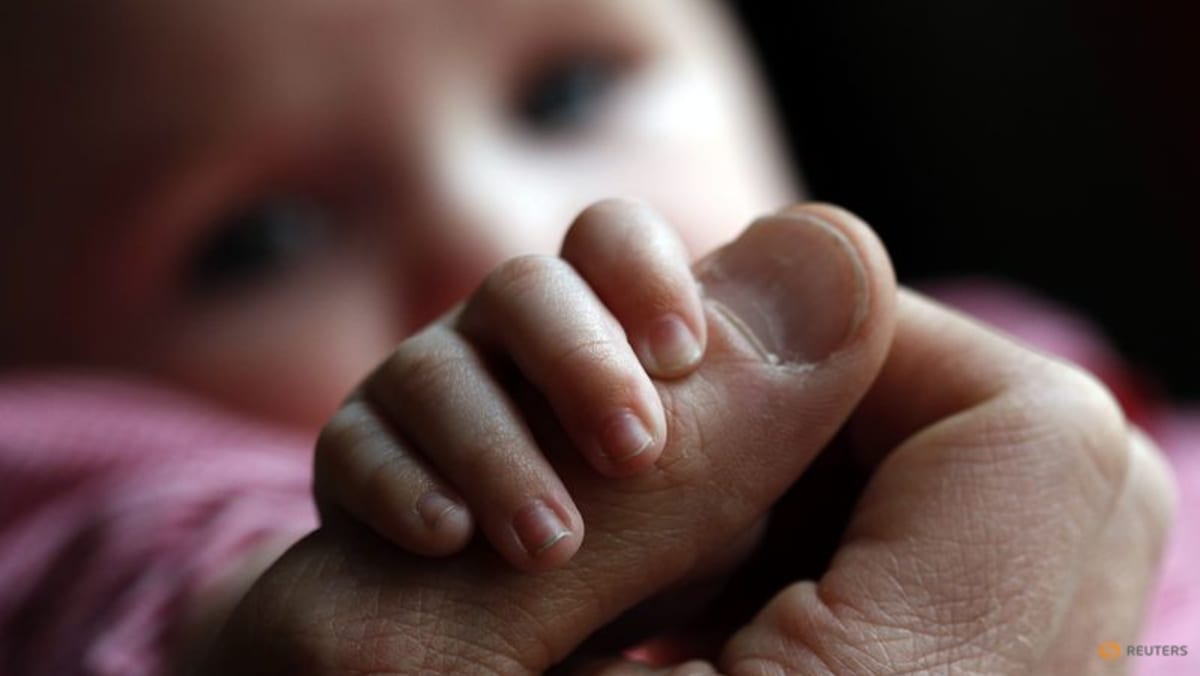Eight children in the United Kingdom have been spared from devastating genetic diseases thanks to a new three-person in vitro fertilisation (IVF) technique, scientists from Newcastle University reported on Wednesday (Jul 16).
The technique, which is banned in the United States, transfers pieces from inside the mother’s fertilised egg – its nucleus, plus the nucleus of the father’s sperm – into a healthy egg provided by an anonymous donor.
The procedure prevents the transfer of mutated genes from inside the mother’s mitochondria, the cells’ energy factories, that could cause incurable and potentially fatal disorders.
Mutations in mitochondrial DNA can affect multiple organs, particularly those that require high energy, such as the brain, liver, heart, muscles and kidneys.
One of the eight children is now two years old, two are between the ages of one and two, and five are infants. All were healthy at birth, with blood tests showing no or low levels of mitochondrial gene mutations, the scientists reported in the New England Journal of Medicine. All have made normal developmental progress, they said.
“After years of uncertainty this treatment gave us hope – and then it gave us our baby,” said the mother of one baby girl. “Science gave us a chance.”
Another mother said the breakthrough had lifted the “heavy cloud of fear” that once loomed over her family.
“Thanks to this incredible advancement and the support we received, our little family is complete,” she said.
“The emotional burden of mitochondrial disease has been lifted, and in its place is hope, joy, and deep gratitude.”
The results “are the culmination of decades of work”, not just on the scientific or technical challenges but also in ethical inquiry, public and patient engagement, law-making, drafting and execution of regulations, and establishing a system for monitoring and caring for the mothers and infants, reproductive medicine specialist Dr Andy Greenfield of the University of Oxford, who was not involved in the research, said in a statement.
The researchers’ “treasure trove of data” is likely to be the starting point of new avenues of investigation, Greenfield said.
